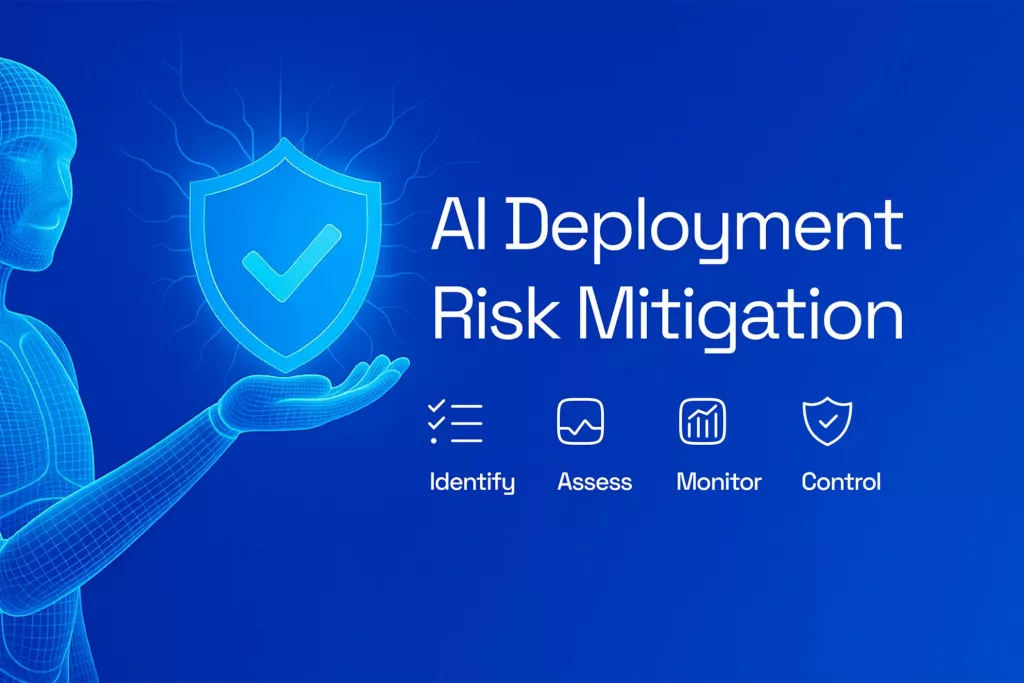
Even if most of your financial processes already take place online, there is always room for improvement during a structured company digitization! You can use software and automation tools to manage financial transactions, record-keeping, and reporting, and here are some of the benefits:
Streamlining financial processes is paramount in today's fast-paced financial landscape, and it serves as a powerful tool for reducing the potential for errors. By automating critical tasks like invoicing, bill payments, and payroll, financial institutions can not only save valuable time but also significantly enhance operational efficiency. The automation process ensures that repetitive and error-prone tasks are executed accurately and promptly, thereby minimizing the chances of costly mistakes.
Digitizing financial processes enables the generation of real-time financial reports and data analysis, which provides crucial insights to make well-informed decisions. This access to up-to-the-minute financial data empowers businesses to respond swiftly to market trends, identify cost-saving opportunities, and plan for sustainable growth.
Moreover, the adoption of digital solutions allows for the secure storage of financial documents in cloud-based storage and backup systems, significantly improving data security. These platforms provide robust protection against data loss and unauthorized access, ensuring the confidentiality and integrity of financial records.
Improved compliance and audit readiness. Accurate financial records are consistently maintained, making it easier for financial institutions to meet regulatory requirements and swiftly respond to audit inquiries. This not only ensures that the organization remains compliant with industry standards but also enhances its reputation as a trustworthy and responsible entity.
By committing to the above, you may require a variety of developers, such as cloud, integration, security, or full-stack capabilities, which may not be available in your in-house team. Planning ahead for the right human resources is a must, whether through complex in-house recruitment or through a trusted software development vendor.



